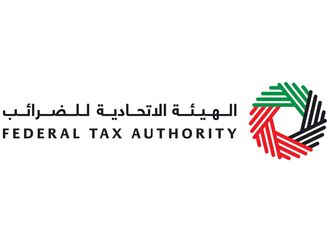
Eighty per cent of expats in the Middle East are not taking enough measures to secure their finances, new research has revealed.
According to a study by wealth management firm Prestige Wealth Solutions, 75-80 per cent of expats in the Middle East need to act quickly in order to secure and benefit their finances.
Craig McConnon, Group CEO of Prestige Wealth Solutions, says: “Expats in the Middle East face financial issues that are often alien to their countries of origin.
“This, combined with the need for global market knowledge and bespoke advice supports how important it is to talk to a professional financial adviser when you make the move to become an expat.”
Here are five things to consider when planning your investments, according to PWS:
1. Invalid policies
Life and critical illness cover to protect families from pre-existing UK policies are often invalid in the Middle East and understanding details of the will is vitally important - especially in a country that follows Sharia law. Don’t fall into the trap of assuming all is well because of plans already in place, as often they are not valid or can be improved.
2. Planning properly
Often expats have higher salaries than in their home countries, which can naturally lead to higher levels of disposable income. This combined with a general lack of company benefits, in areas such as pension schemes, reinforce the need to explore all the options available.
3. Alternative tax efficient environments
Although many expats move to the Middle East from the UK, they are often surprised to learn that they can bank or invest in other offshore jurisdictions such as the Isle of Man, Guernsey or Jersey, to name a few. Often these alternative locations can offer additional benefits, so speaking with an independent financial adviser who can explain in detail pros and cons of all jurisdictions, is strongly advised.
4. Home country laws
Many expats and particularly longer-term expats can become unfamiliar and detached from legislation in their home countries. It can often be an out of sight and out of mind mentality. Misunderstanding of rules and regulations can potentially lead to costly assumptions being made. A common misunderstanding of many UK expats is confusion over tax residency and domicile status.
5. Expert advice
Often viewed as a service reserved only for the HNWIs (high net-worth individuals), financial advice is becoming more commonplace to expats seeking to explore their options while they live and earn in the Middle East.












